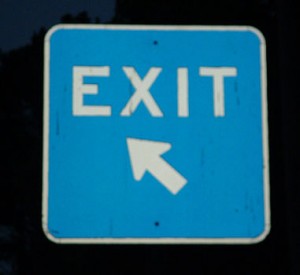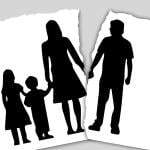 Two months ago, I broke up with Facebook.
Two months ago, I broke up with Facebook.
As in any major breakup, I had logical reasons, emotional reasons and lots of doubt.
I simply do not trust Facebook anymore. It turned into a stalker: Watching my keystrokes, changing my email, pimping me out to who knows what.
I worried that a monopoly with loyalty to its own corporate culture was replacing our Constitutional right to free speech with a never-read, hastily clicked, and ever-changing users’ agreement.
What’s more, I no longer liked the way it made me feel.
Scanning my news feed reduced formerly vivid emotions to mildness. I felt mildly amused at what should have been a good joke, mildly happy at blissful news of engagements or births, mildly sad at grievous tales of death and misfortune.
The color of life had gone pale.
A status update had replaced an ecstatic phone call or a weepy sympathy visit. A comment on an update took the place of a celebratory gift of flowers or that casserole one brings when there is no way to help but being there.
The thrill of being on a stage on my own making had faded. I grew tired of crafting witty updates, taking pictures with an eye to how they would shine on my wall, the quiet bragging of vacations and awards, the frosting over of sad feelings, blah days or bad events.
Even when I took a break from Facebook, the audience was still there, waiting with baited breath for me to step back into the footlights in a day or week or month. My Facebook friends became an everlasting presence, a crowd in my mind.
Narcissism began to feel natural.
Why, I asked myself, was I putting up with so much frustration for so little in return?
So I pulled the plug, deactivated and deleted my account. I created a new account to administer pages I manage for work. Friend count? One. My son. Just so he knows someone is watching.
I know I am swimming against the stream. Facebook claims 955 million users, with 3.2 billion likes and comments per day. On average, users spend over six hours a month there and nearly sixty percent return daily.
Even so, leaving worked for me.
The relief was nearly instantaneous, the effects remarkable. Frankly, I’m shocked at the difference.
I stopped checking my phone every two minutes. There are suddenly more hours in the day.
The people in the room became more interesting without a steady flow of digital competition. My children prattle on about hair feathers, hermit crabs, or part time jobs and I actually remember the conversation the next day.
When I saw a colleague after a few days’ absence, his greeting smile beamed more warmly. The spark of reestablishing contact after an absence was noticeably unfamiliar.
Enjoying cocktails with good friends, I heard their funny stories live, in real time, not rehashed from already viewed status updates. I do not miss that crestfallen look when a good friend laughs “You’ll never guess what happened” and I am forced to say “I know. I saw it on Facebook already.”
Stories are richer and better told over dinner, hands waving, faces glowing, laughter interrupting.
I admit I miss seeing the antics of my cousin in a San Diego law school and photos of the newest family baby. I email the people that matter and let the mere acquaintances and former friends slip back into memory.
I am surprised by how little I miss of Facebook.
Leaving is not for everyone. It may be I have a particularly susceptible personality.
Yet, it bears consideration. Just because Facebook is the way things are now does not mean Facebook is the way things have to be.
You Might Be Interested in these Posts:












